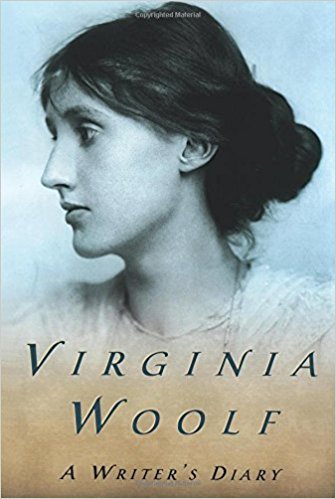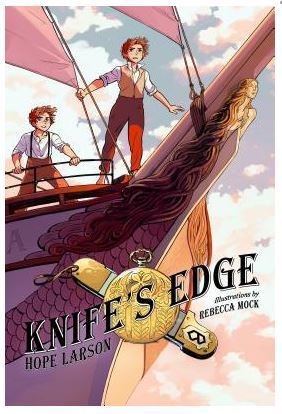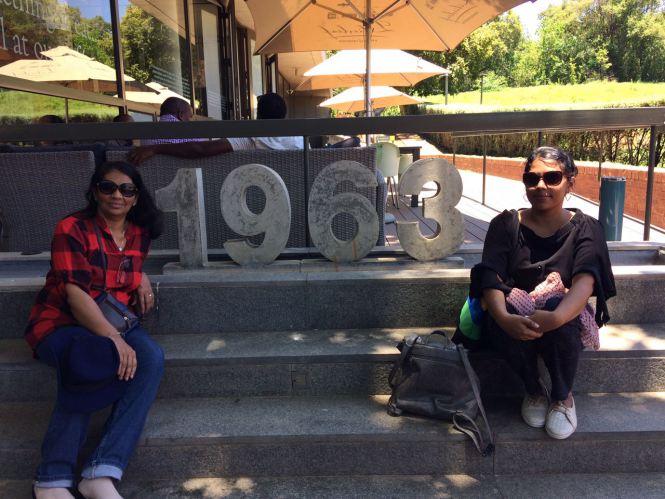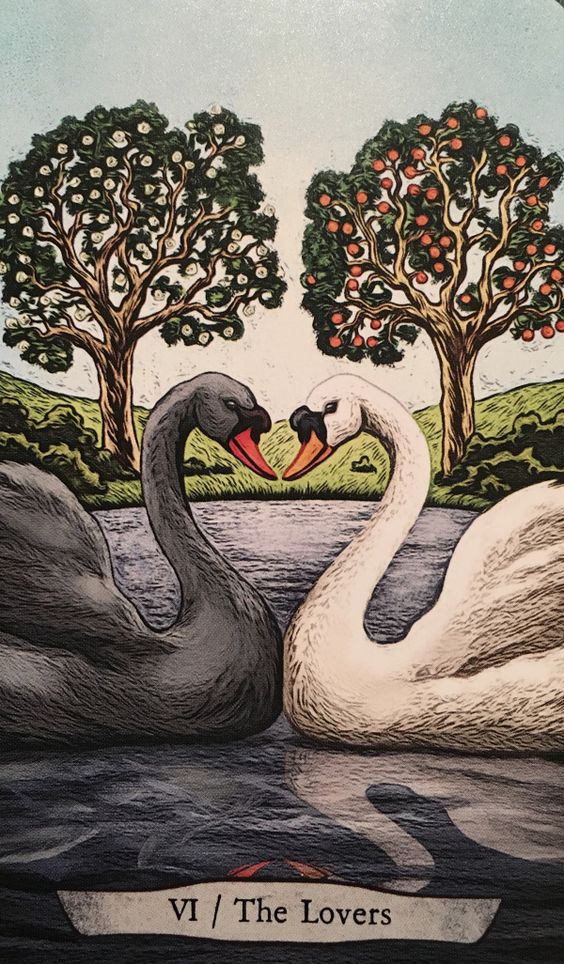During Radio 4’s Front Row on 7th August John Wilson discussed the publishing of Margaret Forster’s diaries with her husband of 55 years Hunter Davies. Margaret died in 2016 and left a stash of writing in the attic. This included unpublished manuscripts along with diaries she had kept since 1973. She described these as domestic diaries, about the children and their ways, and as such they were never read by anyone as the subject matter wasn’t considered interesting.
 However Hunter discovered they included details on the people she met, the books she was working on and her career as a Booker Prize judge and member of the Arts Council. There were also three school girl diaries she kept when she was 10, 14 and 16; the latter is being published in time for Christmas.
However Hunter discovered they included details on the people she met, the books she was working on and her career as a Booker Prize judge and member of the Arts Council. There were also three school girl diaries she kept when she was 10, 14 and 16; the latter is being published in time for Christmas.
Asked whether she would want the diaries published if she were alive, Hunter believes not, “she was very private, [but] she never destroyed them, so she must have known they [would be] found. She also now and again talks about social history and she now and again has a remark in one of them about “why am I doing this diary?” Is it because somebody in the future will be like me, wanting to know about ordinary lives?”
John also asked Hunter about his motivation for doing it, “Margaret did lots of biographies, I’ve done biographies of people like Wordsworth and Wainwright, and I could never have written them without the letters and the diaries left by these people, or written about them. It’s absolutely vital to have these kept and retained and edited and then published. [They’re] an insight into the post war literary years and I actually think they’re entertaining and amusing and funny. In her books she was very serious but in her real life she was very funny.”

The discussion included insight from Virginia Nicholson, the grandniece of Virginia Woolf whose diaries were initially posthumously published by her husband in a volume that related to her writing. “It is within the capacity of most living writers to decide I don’t want that stuff published and burn it.”
On the ethics of making the private public without the consent of the writer, Hunter concluded, “Unless people destroy their diaries and letters they’re left to the world.”
You can listen again to the full conversation on the Radio 4 website by clicking the link:






